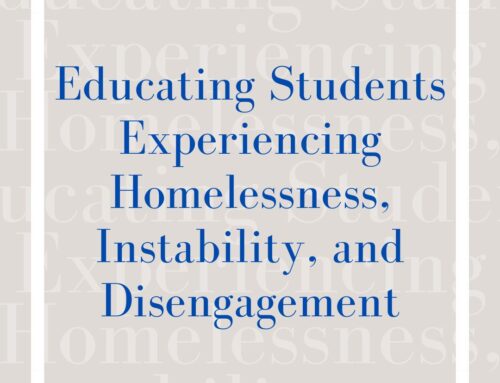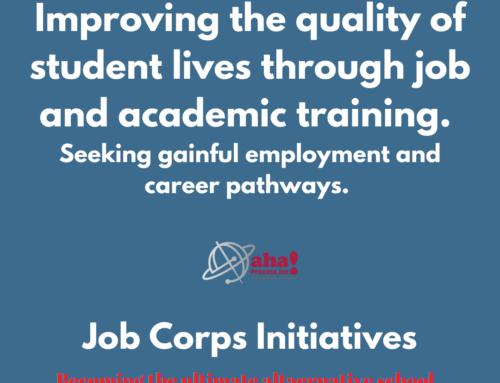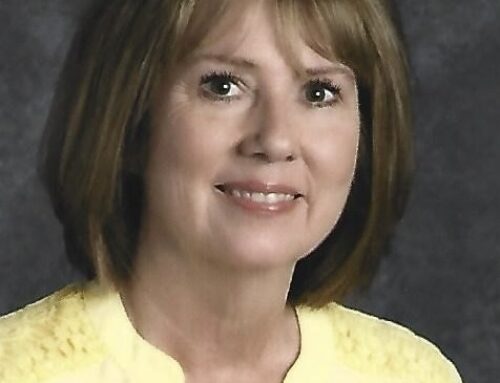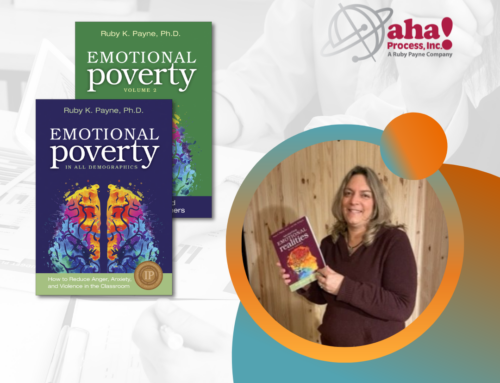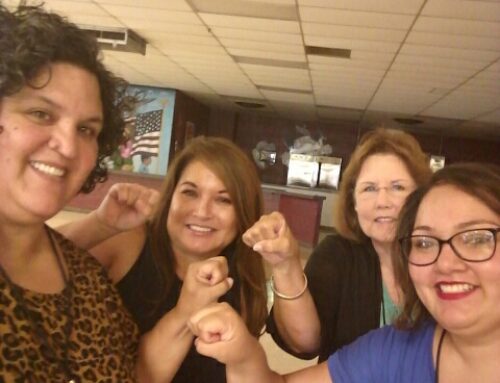The end of each school year is a time for reflection, and for me, I wonder if I applied the lessons I learned in my first year of teaching. I see some new areas where I need to grow now that I have a second year of experience. Also, my Title I school district is in the process of changing things up quite a bit in our quest for achievement and educational impact, so I have some concerns related to the political climate as well.
After my first year of teaching, I realized that my lessons were too disjointed and didn’t tie together the big picture of the discipline for my students. I do feel that this second year was a huge step forward in this regard. Just having been through it once made an incredible difference. I did have more purposeful applications to “real life” for my students this year, but I would like to continue to grow in this area.
Last year at this time, I felt that I could do a better job of presenting a variety of literature. This year was a huge improvement. There is still room for growth here, but we did incorporate poetry, essays, vignettes, short fiction, and novels, and we examine the themes that tie them together. The last area I identified for improvement last year was in writing. I wanted writing to be more of an everyday experience for my students so we could move past just getting thoughts on paper.
My students this year came to me better writers than the year before. Because of this we wrote essays, revised and rewrote them, and pretty much took care of business. This is my first regret as I look back over my second year: Some of my students were ready to go further, and I did not take them there. We all wrote, and I spent time with those who were struggling until there was improvement as measured by the rubric, and then we moved on. In my third year I want to tackle the problem of reaching each student in a classroom of about 20 different levels. I believe that there must be an effective way to do this, and I want to find it.
My district is Title I, and we are struggling for achievement gains. It has been a year of mixed messages to teachers. Are we valued for the daily struggles to reach students from backgrounds we never imagined when we were growing up, or are we the reason that our impoverished students are not up to grade level? It is a success when my students show mastery of an objective in the classroom, but it is my fault that my students didn’t answer quite as many questions correctly on the STAAR as the students in the district in the next town over. For every triumph in the classroom, there is a corresponding disappointment from the data. (Whether the data is valid doesn’t matter.) More than in my first year of teaching, this year I sensed very strongly that I am a pawn in a political war against public education. We take on the mission to educate every student regardless of the student’s or parents’ preferences or willingness. This is an admirable mission, but we must measure our outcomes based on that goal, not some other goal. What this means to me is an enormous distraction from the actual learning that goes on in my classroom. When I am in that room with my students, I am doing what I am meant to do and what I need to do. I want to be able to keep my focus on learning for my students when I am in meetings or reading education news and feeling beaten down for all that ails our society.
This summer I am researching effective classroom assessment and standards-based grading. I have been bothered by what grades really mean, and I want mine to be more meaningful for students and parents. I am finding great information in Ahead of the Curve, edited by Douglas Reeves, and online articles and blogs on standards-based grading. I am also revisiting Harry Wong’s ideas to take me back to the basics of being a truly effective teacher. This is good for clearing my brain of all the fuzzies about data.
My last area of summer research coming out of my second year is truly engaging students. This has become the catchphrase going into the next school year in my district. I have to admit that it sounds good but is really vague. What does it really mean? All I’ve gotten so far is that it means more games and projects, but I know from experience that while they are fun and the students enjoy them, learning tends to slow down when we do those things. I want to find out where real learning and student engagement meet.
I am looking forward to resting and spending time with my family this summer, but the best part of having this break as a teacher is being able to step back and use the time to grow and really absorb lessons learned. What suggestions or questions do you have?

